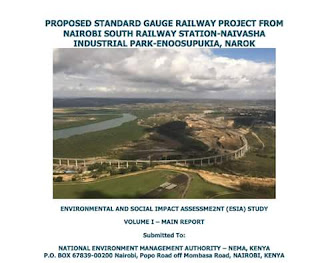Natural Resource Conflicts
The recently witnessed conflicts between herders and ranchers in Laikipia that have turned fatal in some instances is a true manifestation of what natural resource conflicts can result in. We did see herders invade land belonging to ranchers who are involved in wildlife conservation projects in a bid to graze their animals due to reduced pasture that was brought about by the prolonged drought and a poor rainfall pattern that has made the availability of water to shrink.
Natural resource conflicts are caused by various factors which boil down to one aspect which is the access to, control and use of natural resources. This is as a result of the fact that there is varying importance that different groups of people attach to these resources for example forests, land, water and pasture are valued differently by different populations.
Resource degradation has led to scarcity of resources as a result of climate change, droughts, floods etc. The dwindling resources have made communities fight each other in a bid to access and/or control the few resources.
Rapid population growth has resulted in an increase in the pressure on the few available goods and services from the environment. This brings about stiff competition for the scarce resources resulting in over-exploitation and depletion due to stress hence threatening livelihoods.
The other factor resulting in conflicts is the need for each of the different groups wanting to manage these resources in different ways. Natural resource conflicts can occur if particular groups feel excluded from participation of the management of these resources e.g. the conflicts witnessed between pastoral communities and the KWS.
Disagreements occur when various interests and needs become incompatible or the priorities of some people are ignored in creation of policies, programs or in developing projects. Poor governance systems can have an effect on the harmonious co-existence of communities due to the fact that some groups are likely to feel left out where resources are not equitably shared.
We also have cases where those in positions of power take advantage of their positions to deliberately exploit those who are weak in the society due to selfish interests. To make matters worse, these communities see no trickle-down benefits from some of the activities that take place where natural resources occur for example benefits from tourism in areas with wildlife such as in the Maasai land. In South Sudan, petroleum has been fuelling conflicts in the country as different factions fight to control the resource.
Addressing these issues will help curb the prevalence of conflicts that occur due to disagreements on the use of natural resources and encourage conservation so that future generations receive as many or more opportunities over these resources as we have today.



Comments
Post a Comment